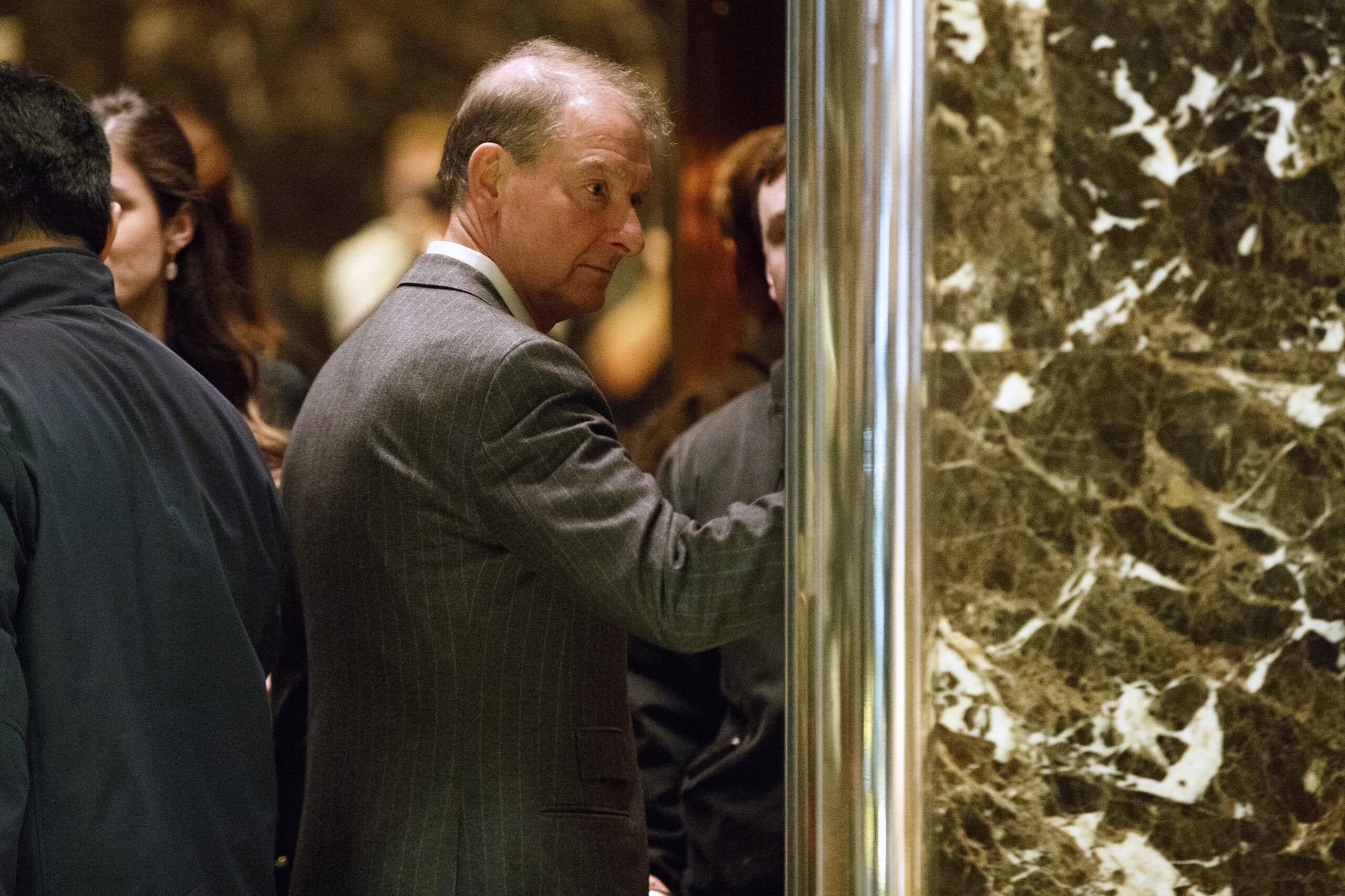President-elect Donald Trump announced on Truth Social Wednesday that he was nominating the pro-crypto Paul Atkins to chair the Securities and Exchange Commission (SEC), delivering on a promise he made to the crypto community during his campaign. On Tuesday, Unchained was first to report that Trump had asked Atkins to be his nominee for the position.
“Paul is a proven leader for common sense regulations. He believes in the promise of robust, innovative capital markets that are responsive to the needs of Investors, & that provide capital to make our Economy the best in the World. He also recognizes that digital assets & other innovations are crucial to Making America Greater than Ever Before,” Trump said in the post.
Current Chair Gary Gensler, who announced two weeks ago that he will resign on Jan. 20 when Trump is inaugurated, has made himself a pariah in the crypto industry for pursuing what’s been seen as a policy of regulation by enforcement. Atkins will now need to be confirmed by the Senate, unless Trump chooses to pursue a recess appointment while the Senate is out of session.
Atkins served as an SEC commissioner under President George W. Bush and is widely respected in conservative legal circles and amongst the establishment Republican party. Since leaving the commission he’s become outspokenly supportive of the crypto industry, having co-chaired the Token Alliance at the industry group Digital Chamber of Commerce since 2017. As founder and chief executive of the consultancy Potomak Global Partners, Atkins has advised digital finance companies on regulatory compliance topics since 2009.
SUBSCRIBE TO OUR NEWSLETTER to get the latest scoops
“Senate Republicans really respect the tradition of Commissioner Paul Atkins,” explained George Mason University professor J.W. Verret, who previously served on the SEC Advisory Committee, in a call earlier this month. “He was the first time anyone had been a true libertarian and SEC commissioner, and that was a unique thing.”
The team vetting candidates for the chairperson position reached out to crypto industry leaders two weeks ago asking for their preferences, demonstrating how much Gensler’s unpopularity has figured in Trump’s latest nomination.
Gensler was criticized for not establishing clear rules and guidelines for the crypto industry. Under his leadership, the SEC instead pursued a plethora of enforcement actions against crypto companies and protocols, including exchanges, token issuers, and NFT creators, for failing to register with the agency or disclose their work with what the SEC claimed were unregistered securities offerings. For his part, Gensler only clarified that he saw Bitcoin as a commodity, insisting that existing securities laws could be applied to other crypto projects, even including ether until the SEC approved spot ether ETFs.
Gensler had also developed a reputation for being difficult to work with. Atkins, by contrast, is known to find a way to retain strong working relationships with people despite ideological disagreements. “There was never a commissioner at the history of the commission that was more respectful and thankful of the staff at the commission,” said John Reed Stark, who worked with Atkins at the SEC in 2008.
Seizing upon the industry’s hatred for Gensler, Trump began promising clearer rules for the industry this summer. Framing crypto innovation as a key point of competition between the United States and other countries, Trump promised to make the United States a “world capital” for crypto in part by replacing Gensler. He also said that he would appoint an “advisory council” focused on crypto to help him fine-tune policy, and potentially establish a national bitcoin strategic reserve, in part by not selling bitcoin that the government has seized in various financial crimes.
Because of his support for the industry, numerous crypto entrepreneurs donated both cash and crypto to Trump’s campaign. People interested in crypto who prioritized crypto policy in their voting decisions, from industry leaders to retail traders, had also tilted towards favoring Trump in the months leading up to the national election.



